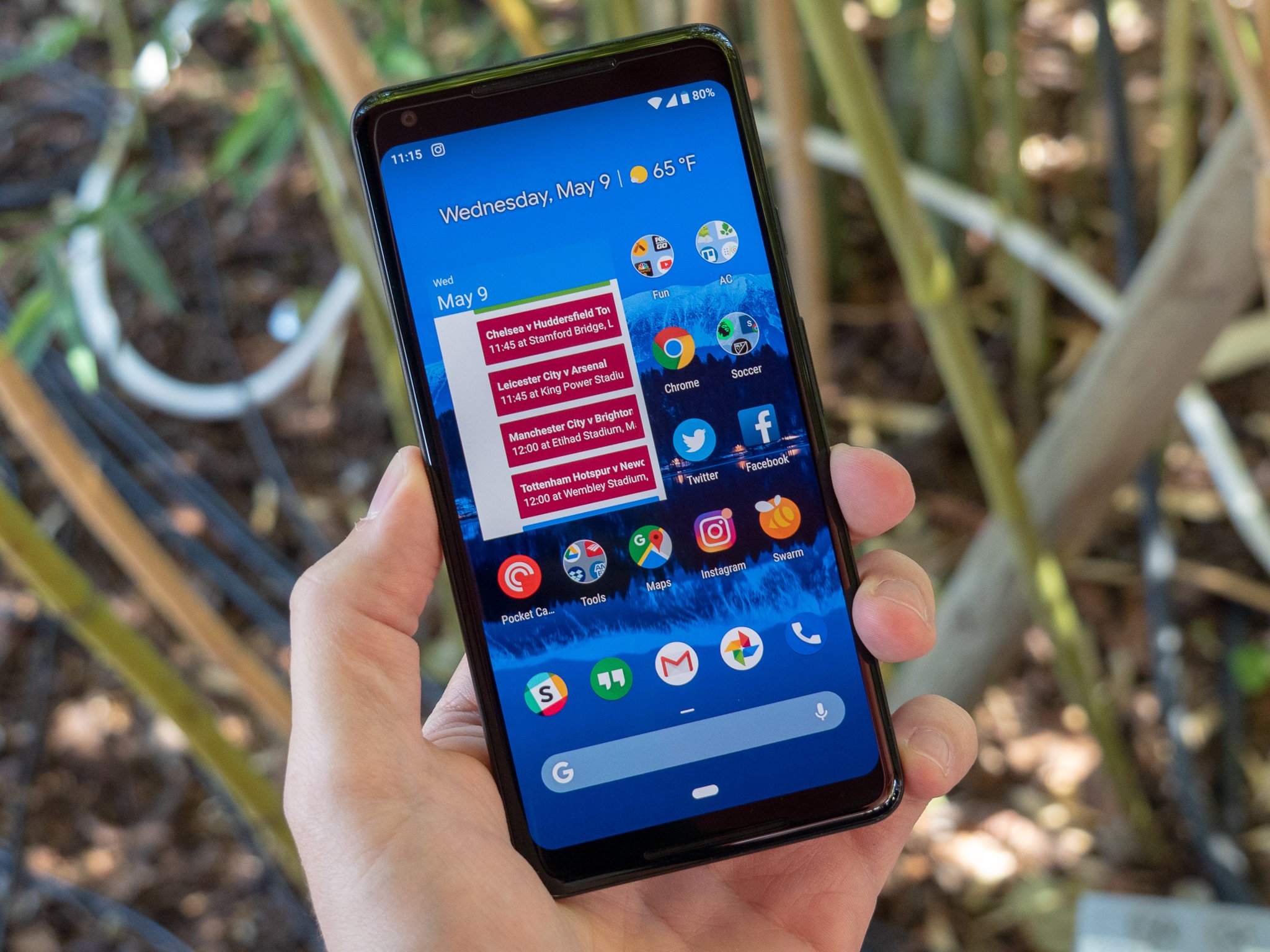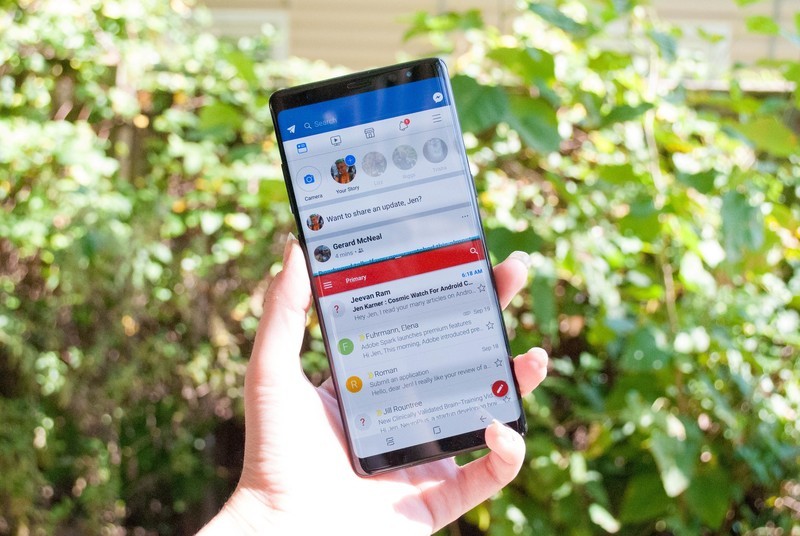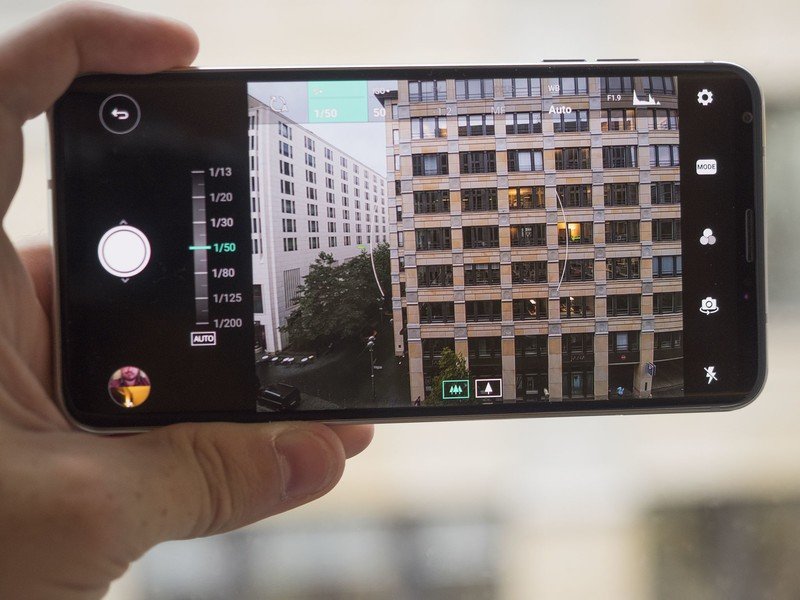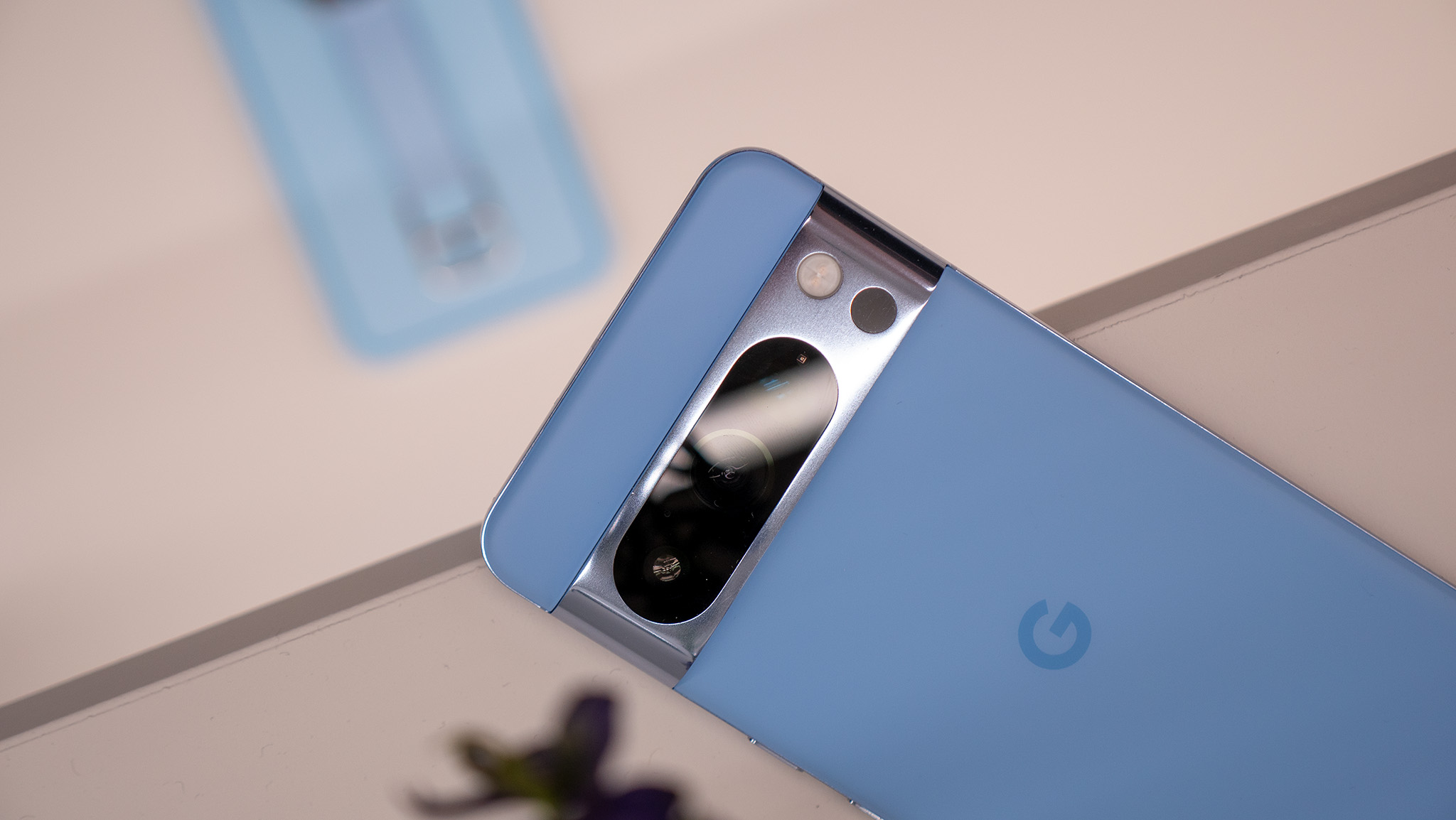How important is stock Android to you these days?

Is there any debate in the tech space more tiresome than Android versus iOS? Maybe Mac versus PC? If you're deeply entrenched in the Android world, there's one other argument you've probably heard and maybe even participated in dozens of times over the last decade — stock Android versus … pretty much everything else.
For years, stock Android essentially just meant whatever the operating system looked like on Google's own Nexus and Pixel phones — though these days even that's a bit of a loose definition, with the Pixel getting its own unique features like Now Playing and Active Edge. Still, what we see on the Pixel 2 and Android One phones can be roughly equated to stock Android; it's Google's pure vision of Android, devoid of any unnecessary software additions from your phone's carrier or manufacturer.
Depending on your stance, that barebones approach can either be stock Android's strongest or weakest point; with such a short list of pre-installed apps, you get a great-looking clean interface that would please any minimalist, but you also start to miss out on features and innovations that other manufacturers have built into their "forked" versions of Android.
Samsung has built a reputation over the years with its heavy-handed approach to software, and while it always runs the risk of overloading users with too many features (or doubling Google's services with redundant features in its own apps), it's also led to a number of great new features, some of which eventually made their way to stock Android — namely split-screen multitasking. Similarly, HTC's Edge Sense technology, first introduced on the U11, was integrated into the Pixel 2 and 2 XL.
Stock Android tends to be great if you live that Google-powered life.
A lot of the best features in various phones don't make it to stock Android at all, though. The LG V30 still has the uncontested best camera app for recording video, with a wide range of manual video controls and even the ability to shoot in Cine-Log. The BlackBerry KEY2 lets you selectively store photos in an encrypted locker that won't upload to cloud storage or appear in your gallery. The Galaxy S9 allows you to create a separate instance of certain apps like Snapchat for quickly and easily managing multiple accounts.
Stock Android is great; it remains my personal preference in most cases since I live a mostly Google-powered life. However, depending on your needs it isn't necessarily the complete package. As a video producer and enthusiast, I would love to be able to take advantage of the V30's video capabilities, but alas — stock Android's options are very limited when it comes to filming. Even if you operate exclusively on Google services, it's easy enough to disable or hide the majority of unwanted apps on a non-stock phone and still benefit from the additional features included.
That, of course, begs the question — is stock Android still important to you (assuming it ever was in the first place)? Has the smooth, clean experience of the Pixel won you over, or are you more interested in having as many useful features as possible, regardless of the resulting clutter? Let us know in the comments below!
Get the latest news from Android Central, your trusted companion in the world of Android

Hayato was a product reviewer and video editor for Android Central.


